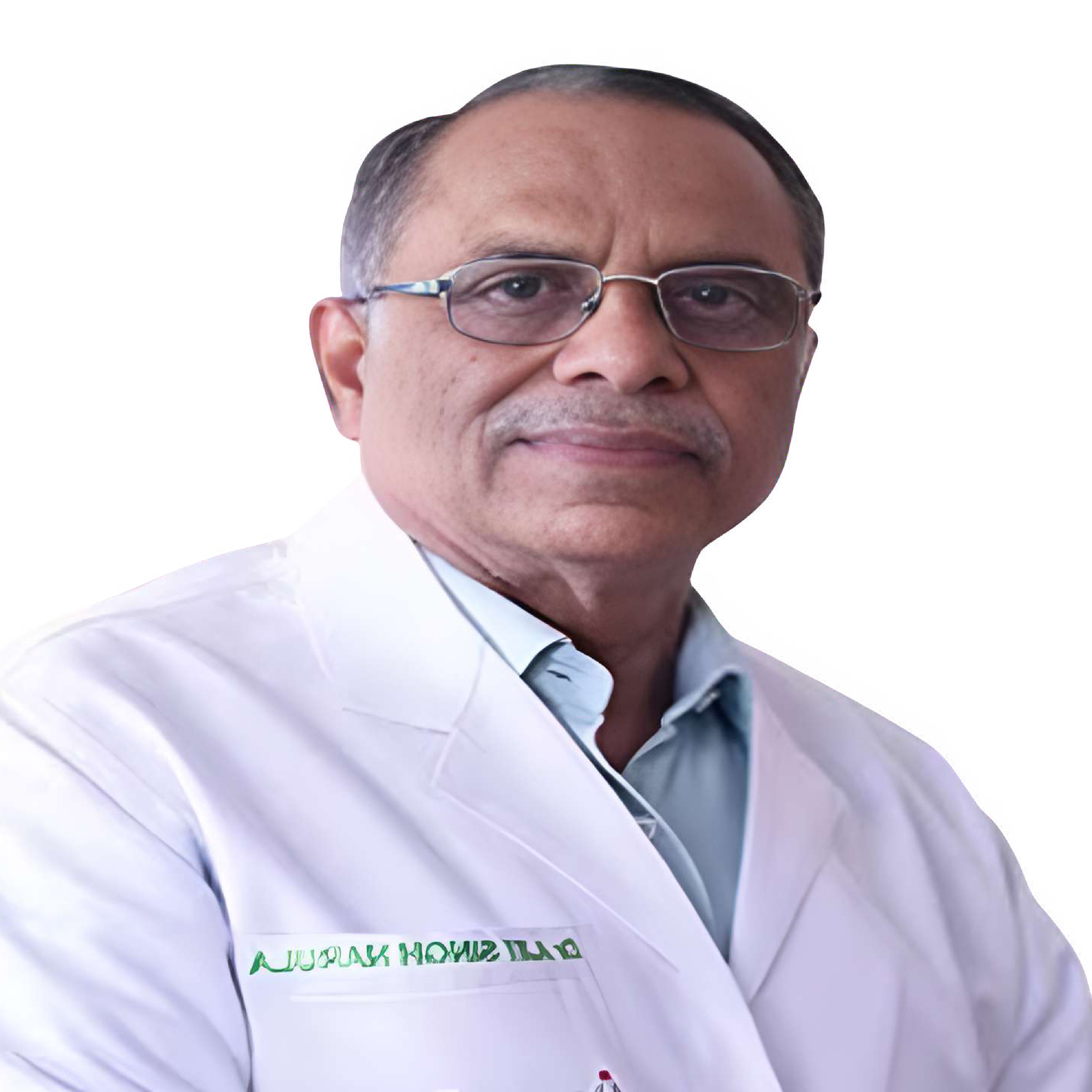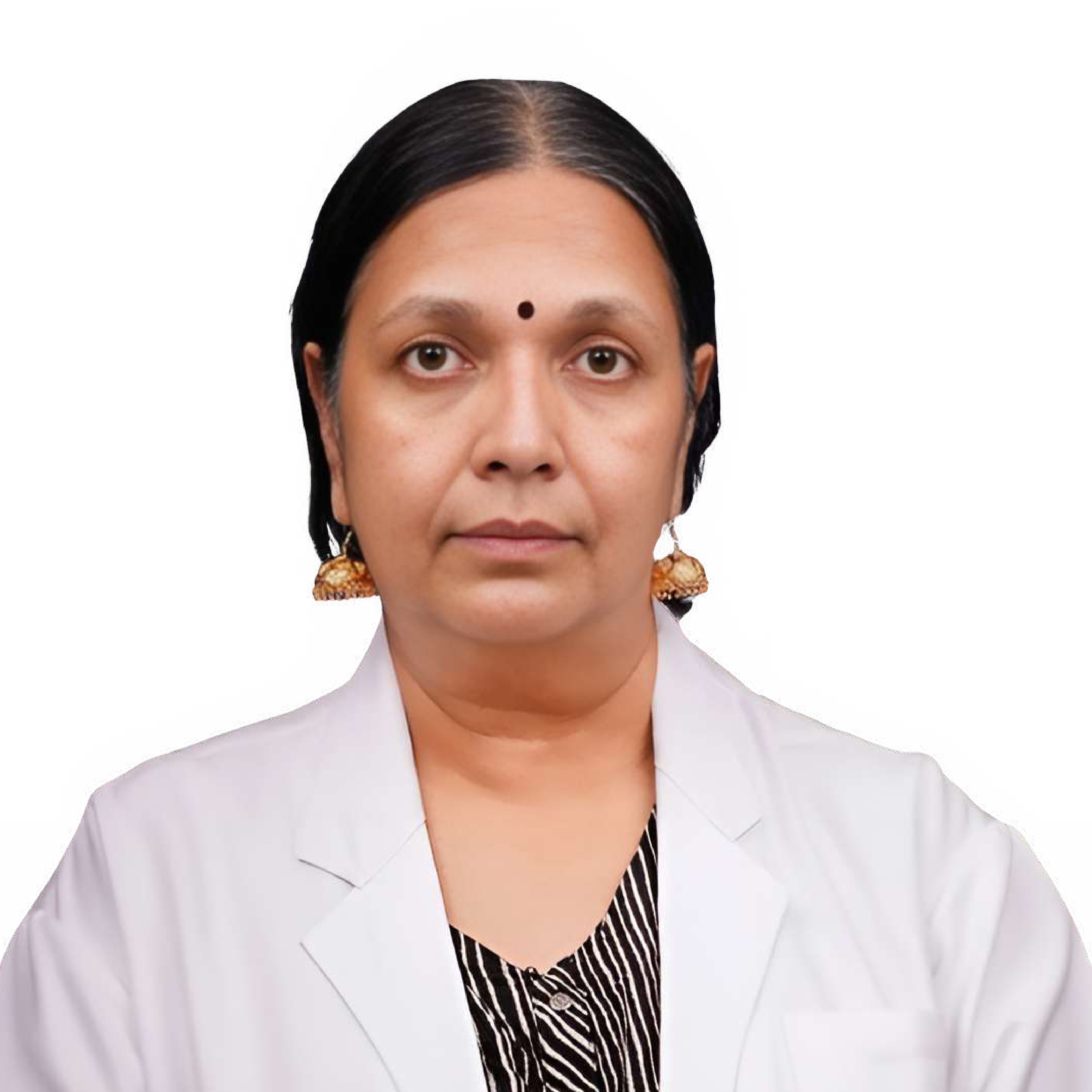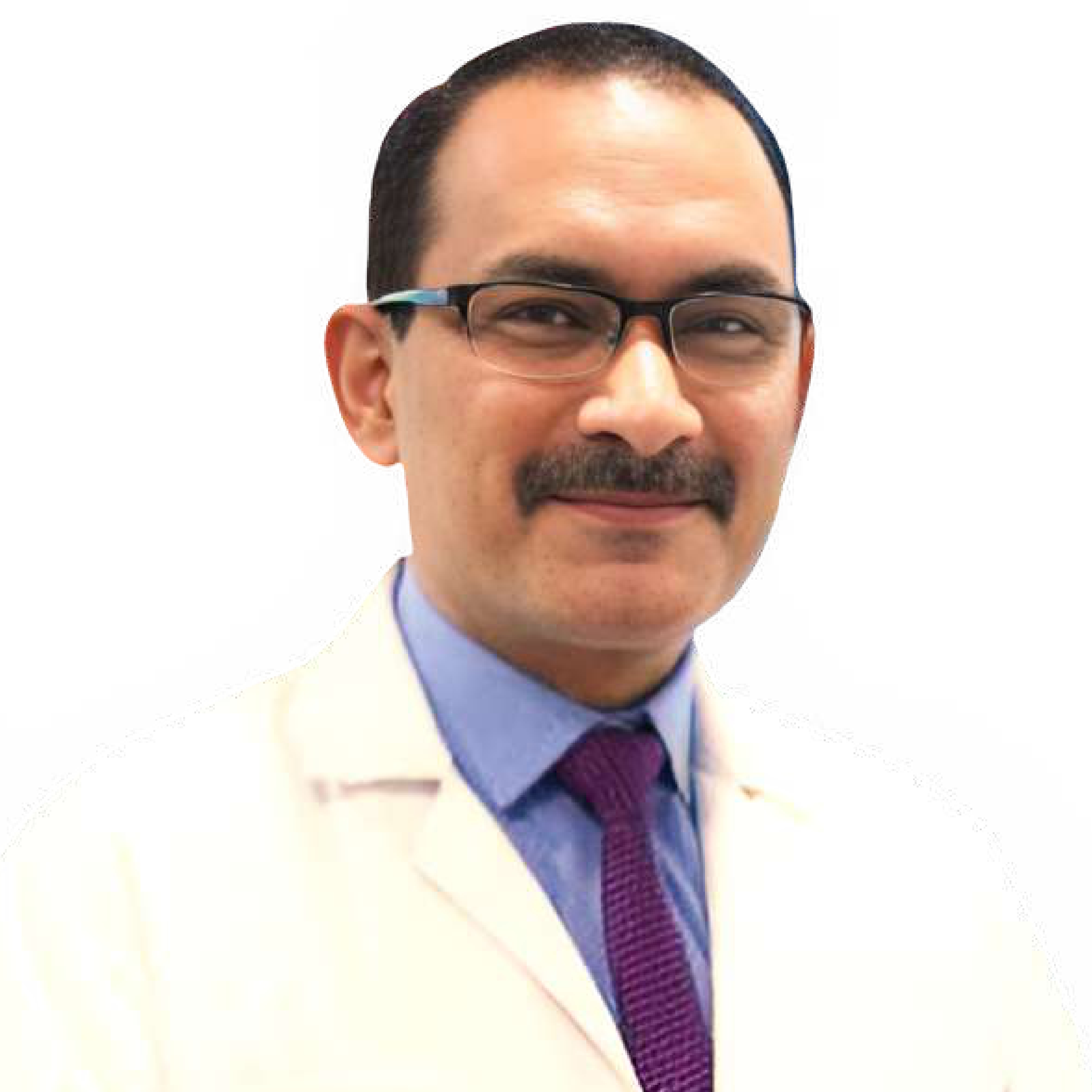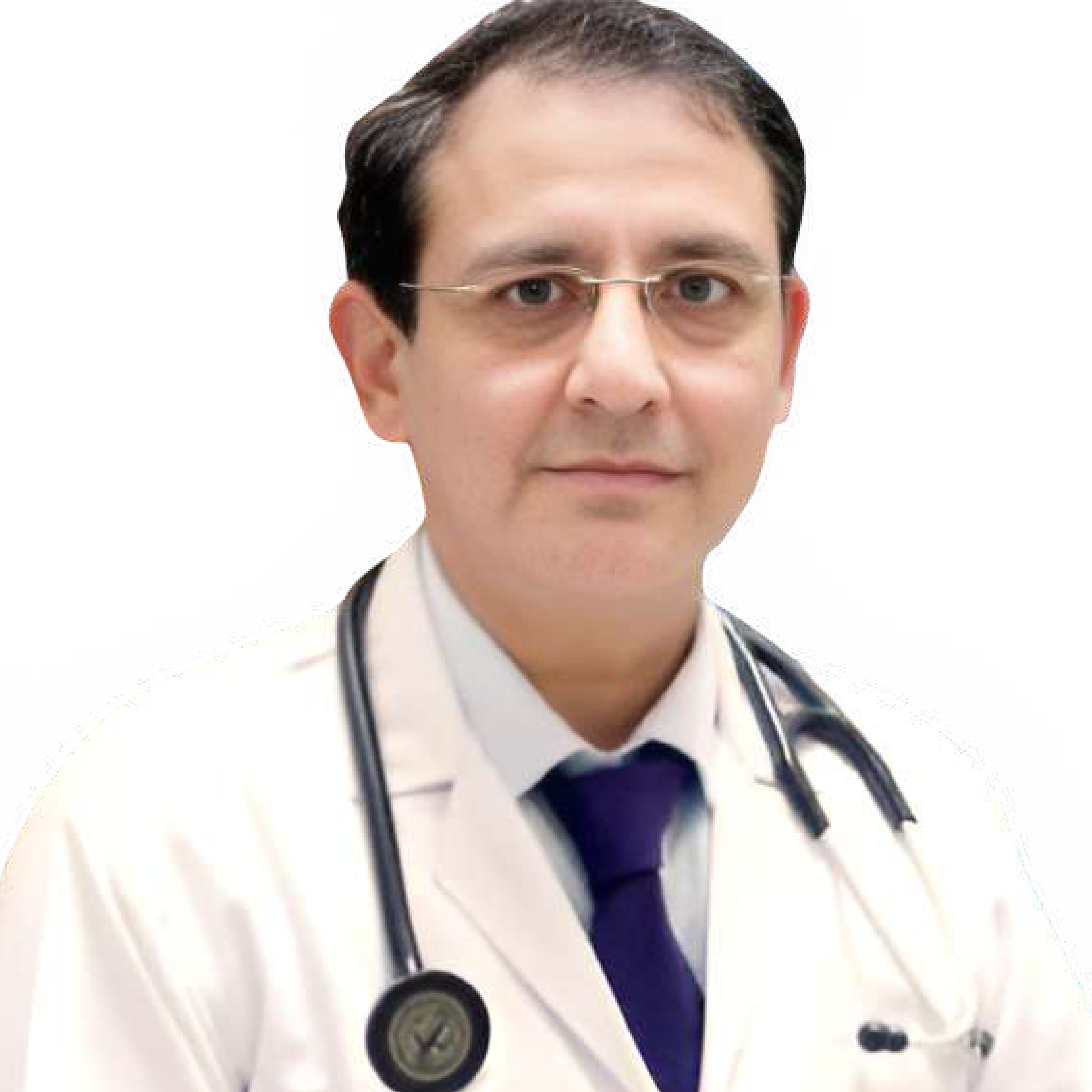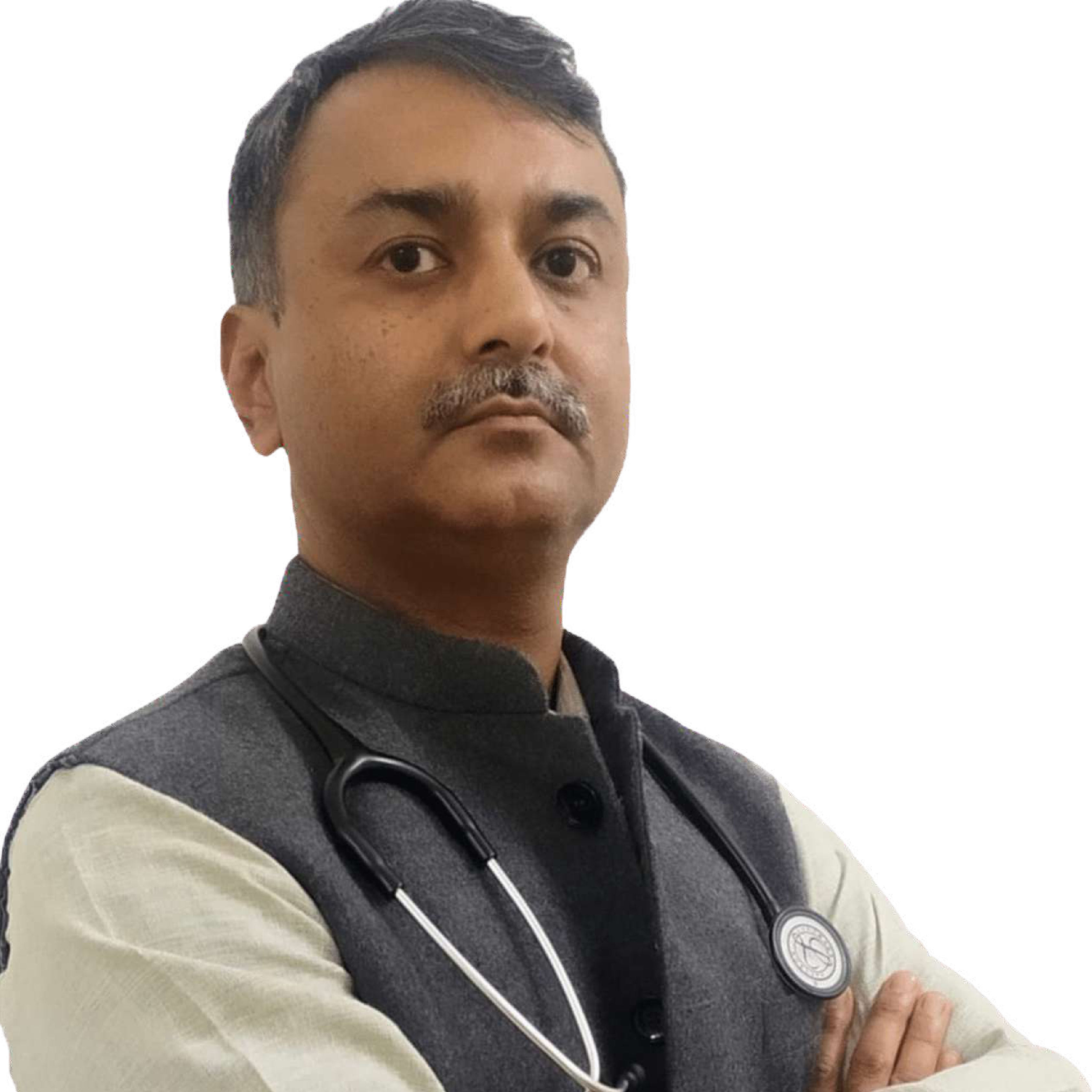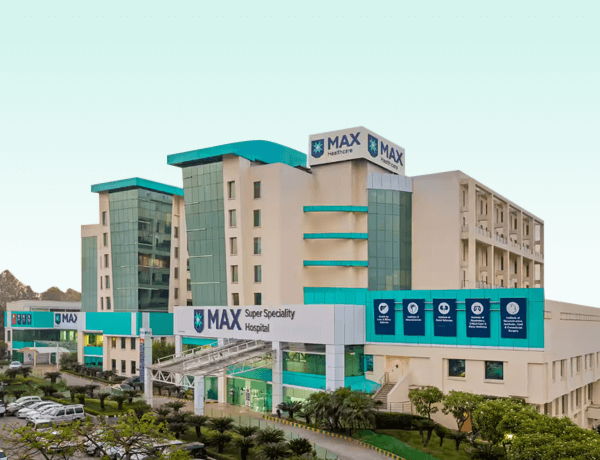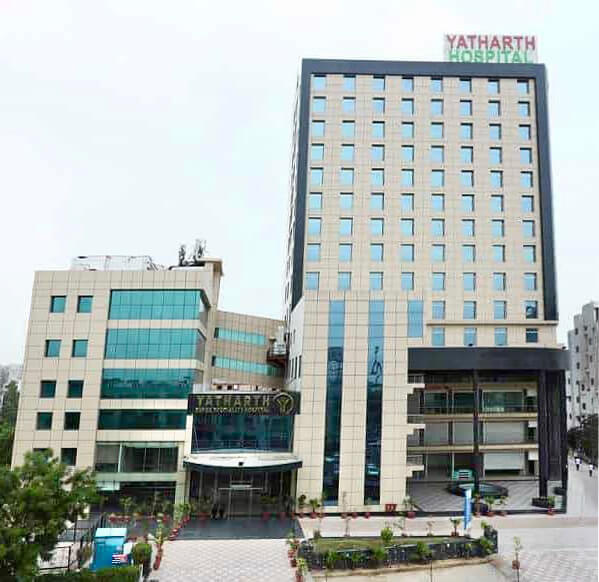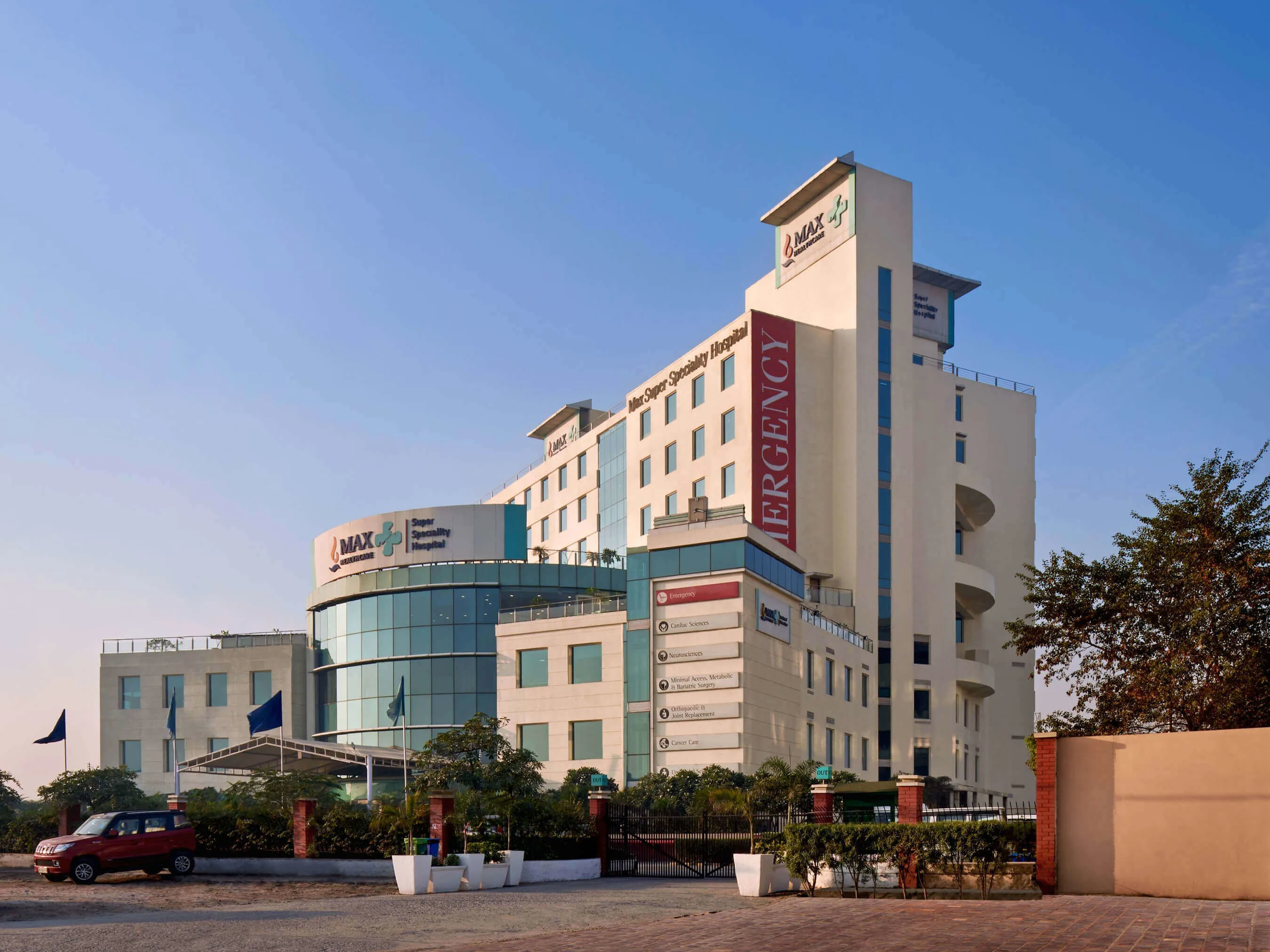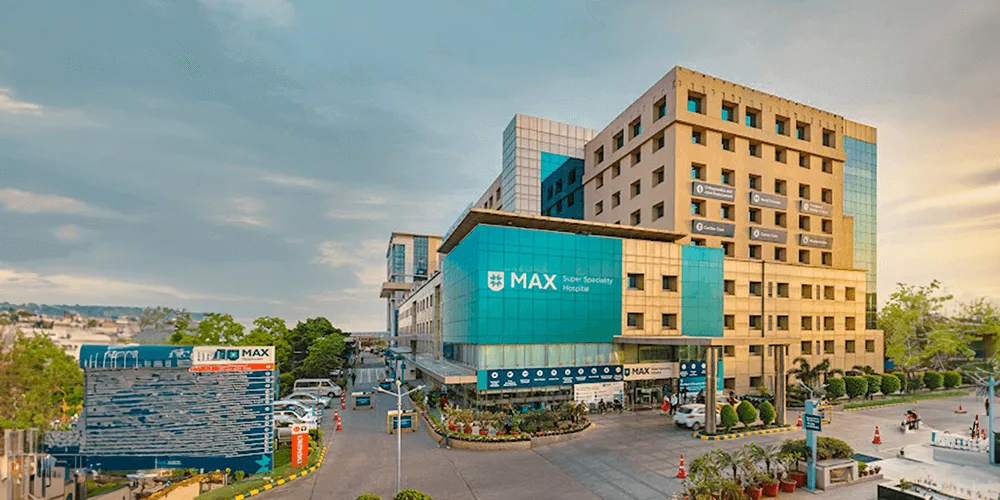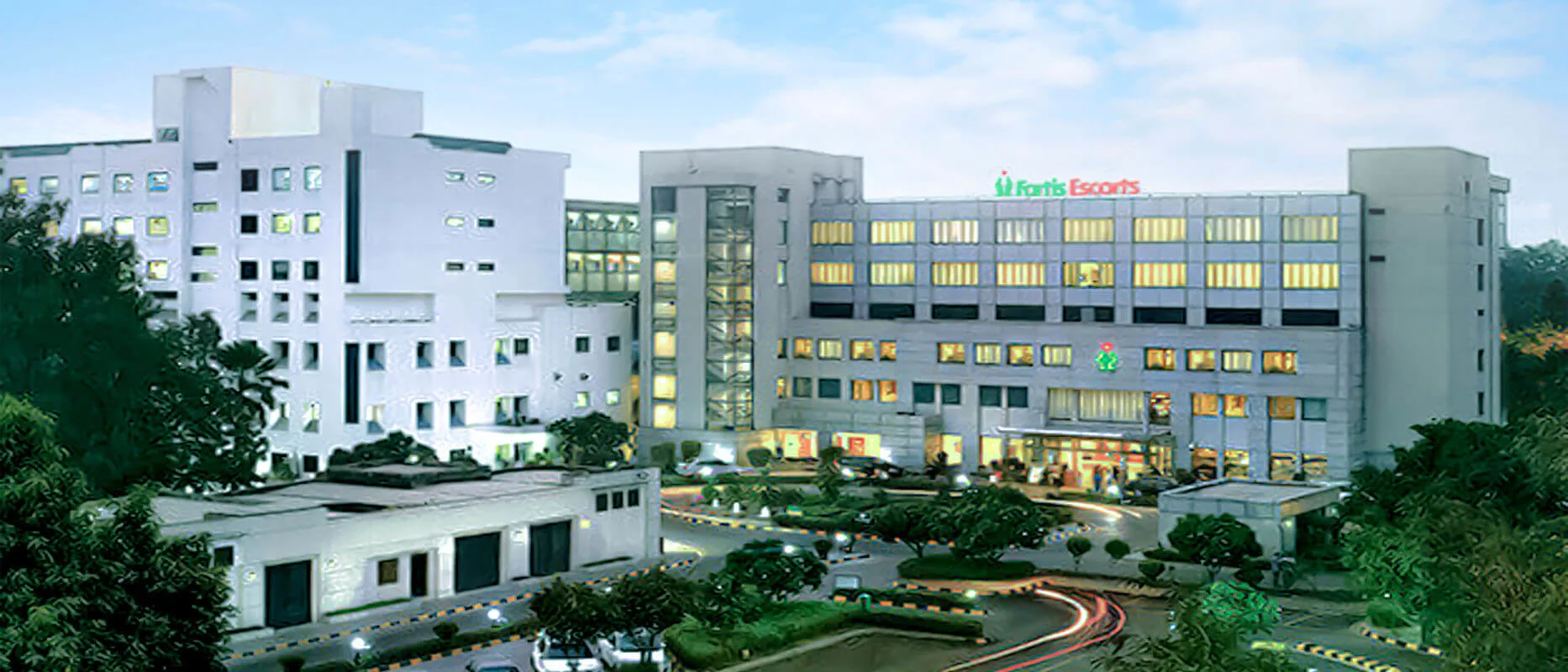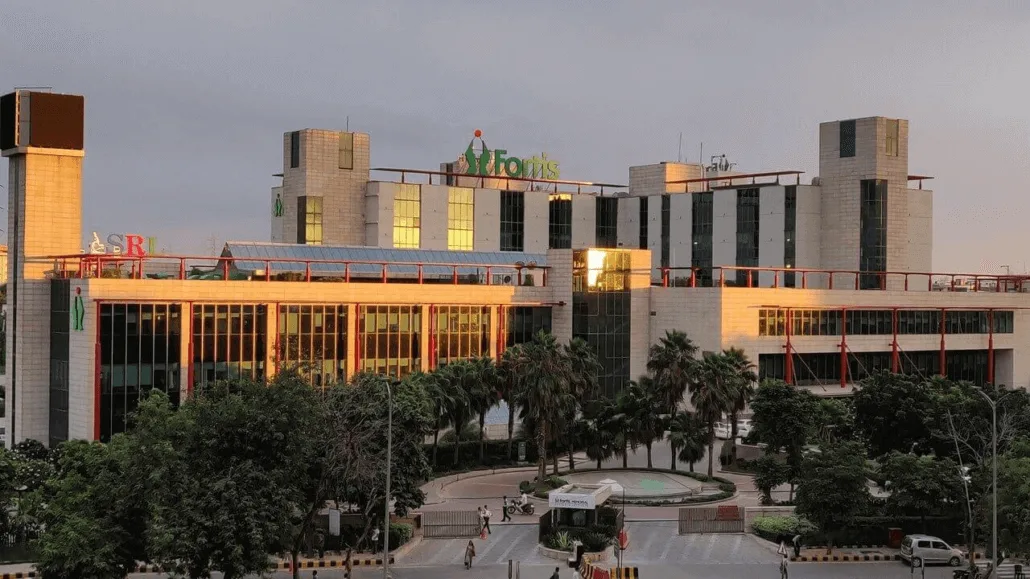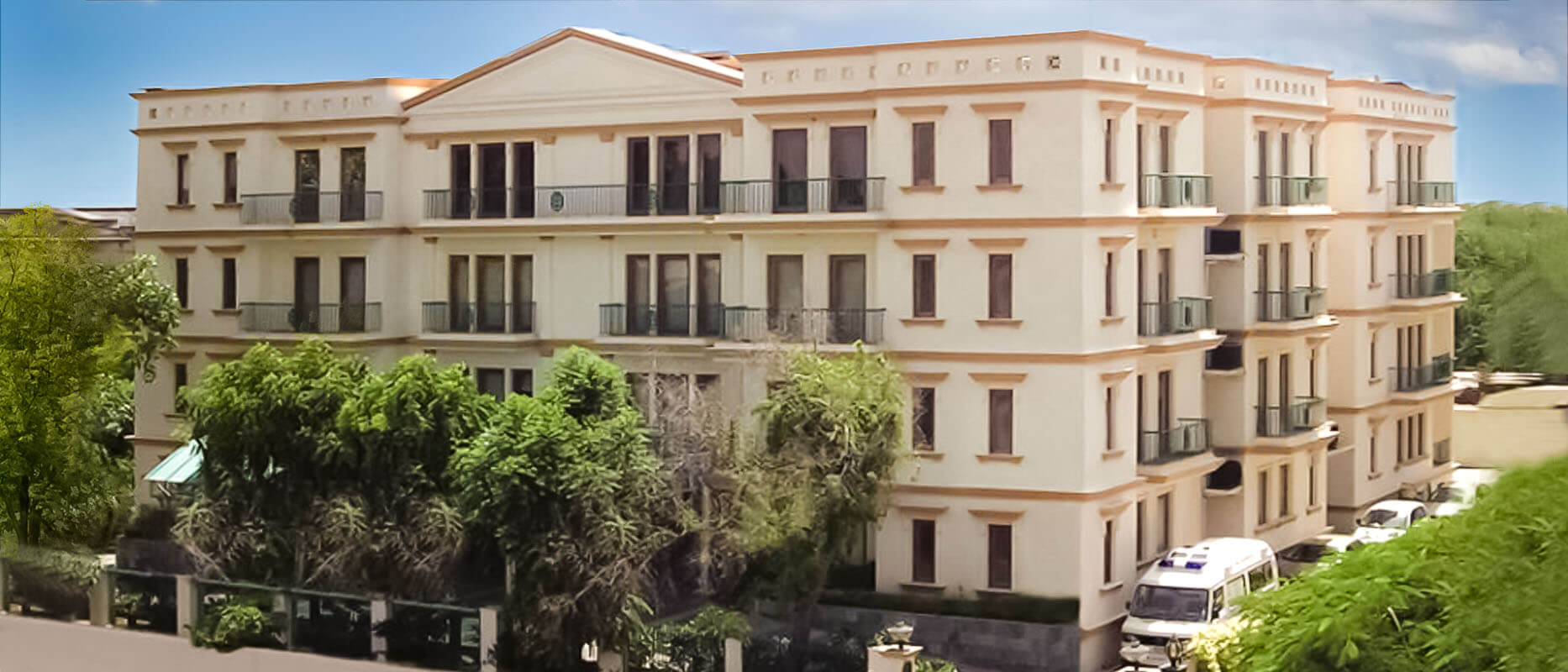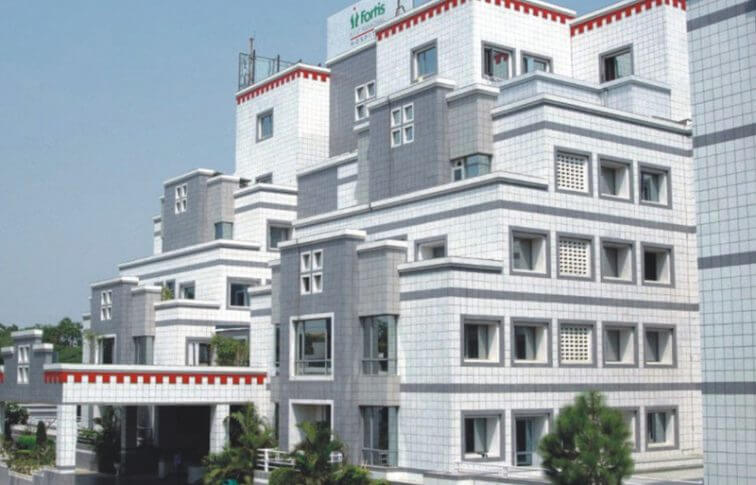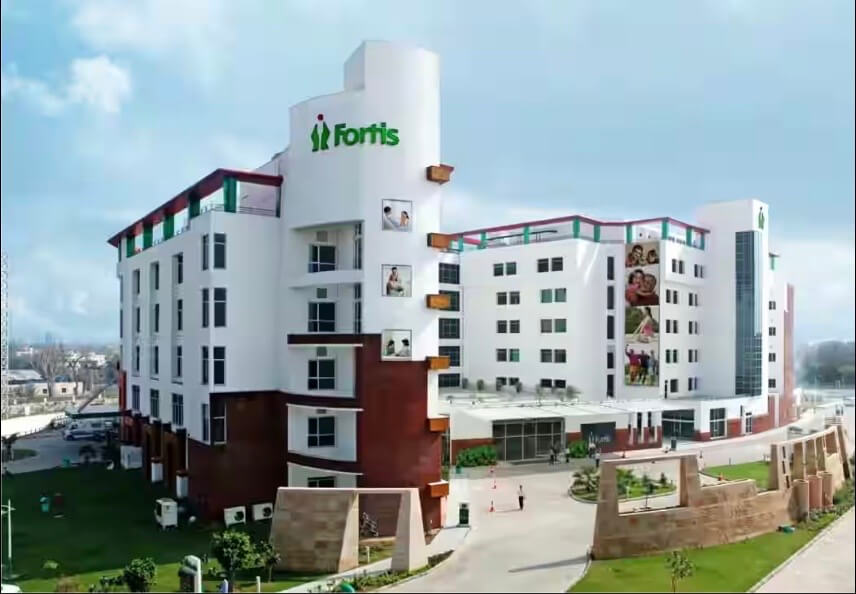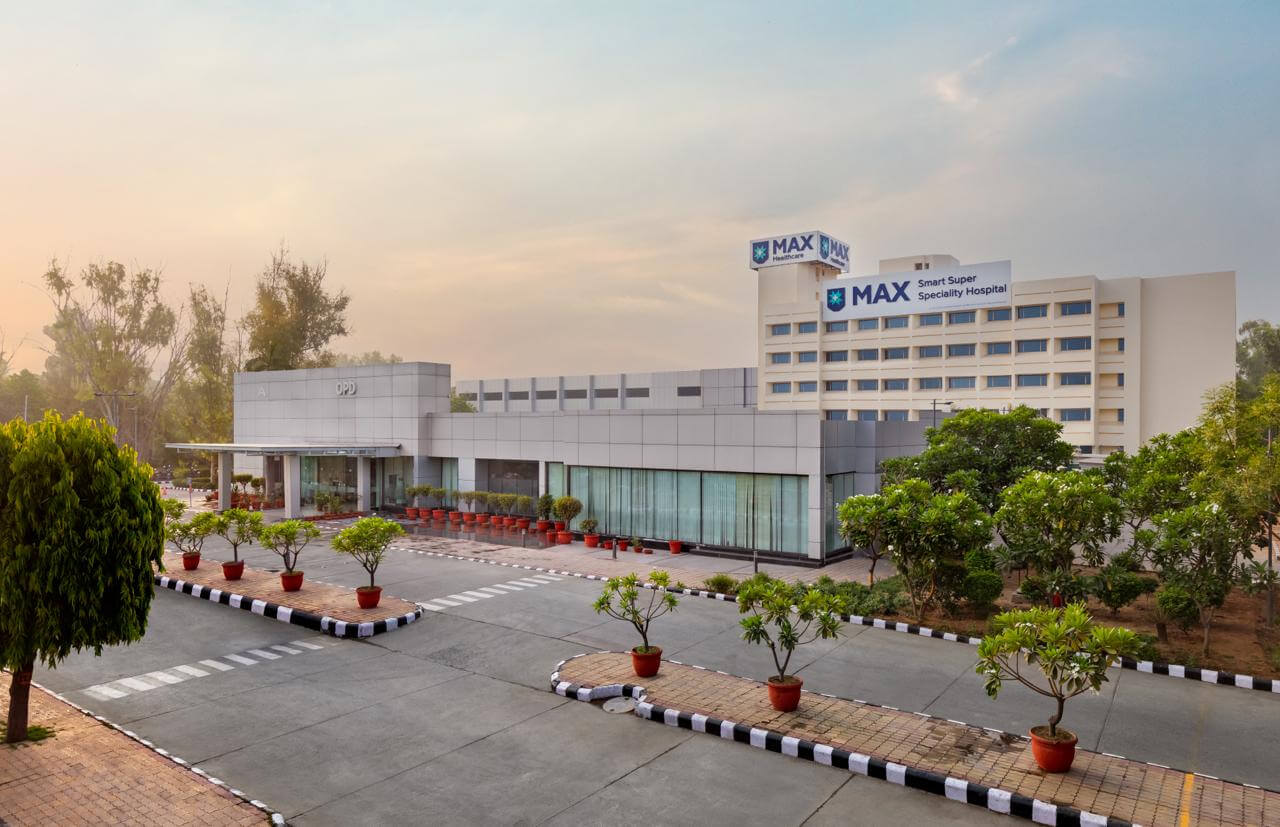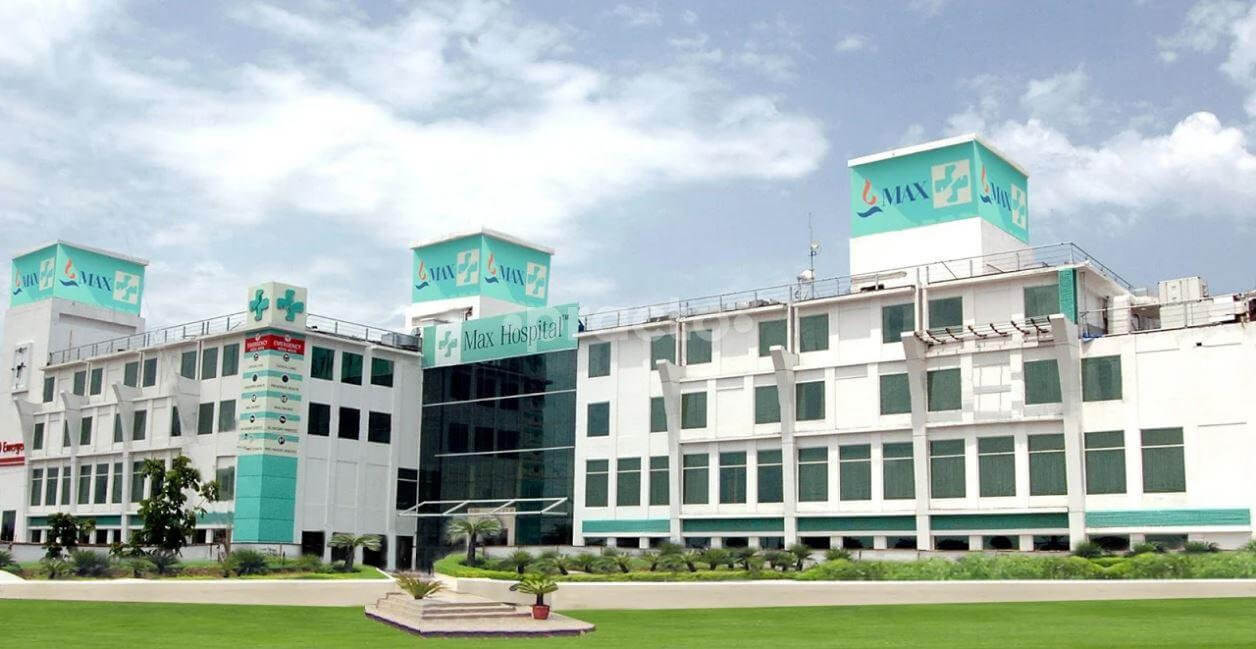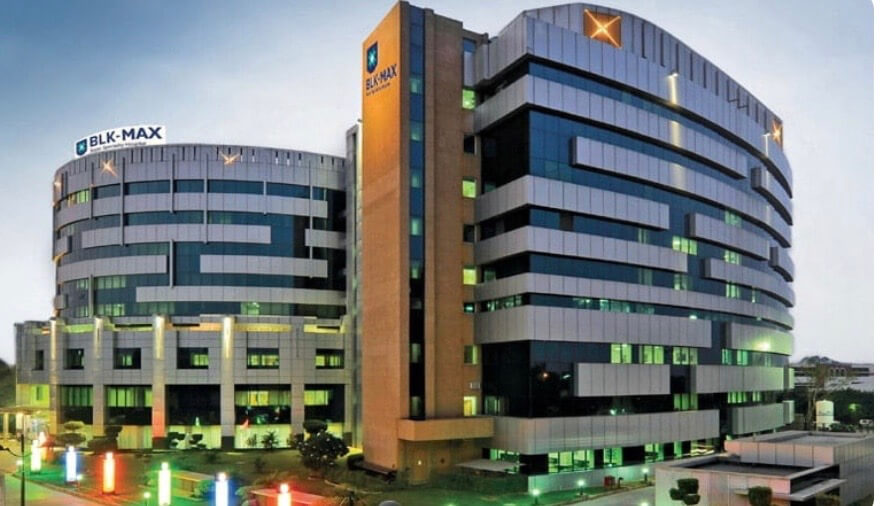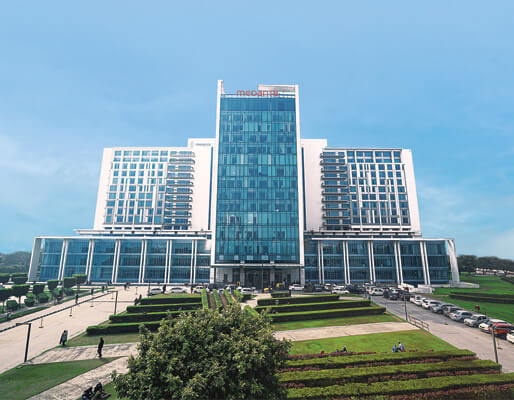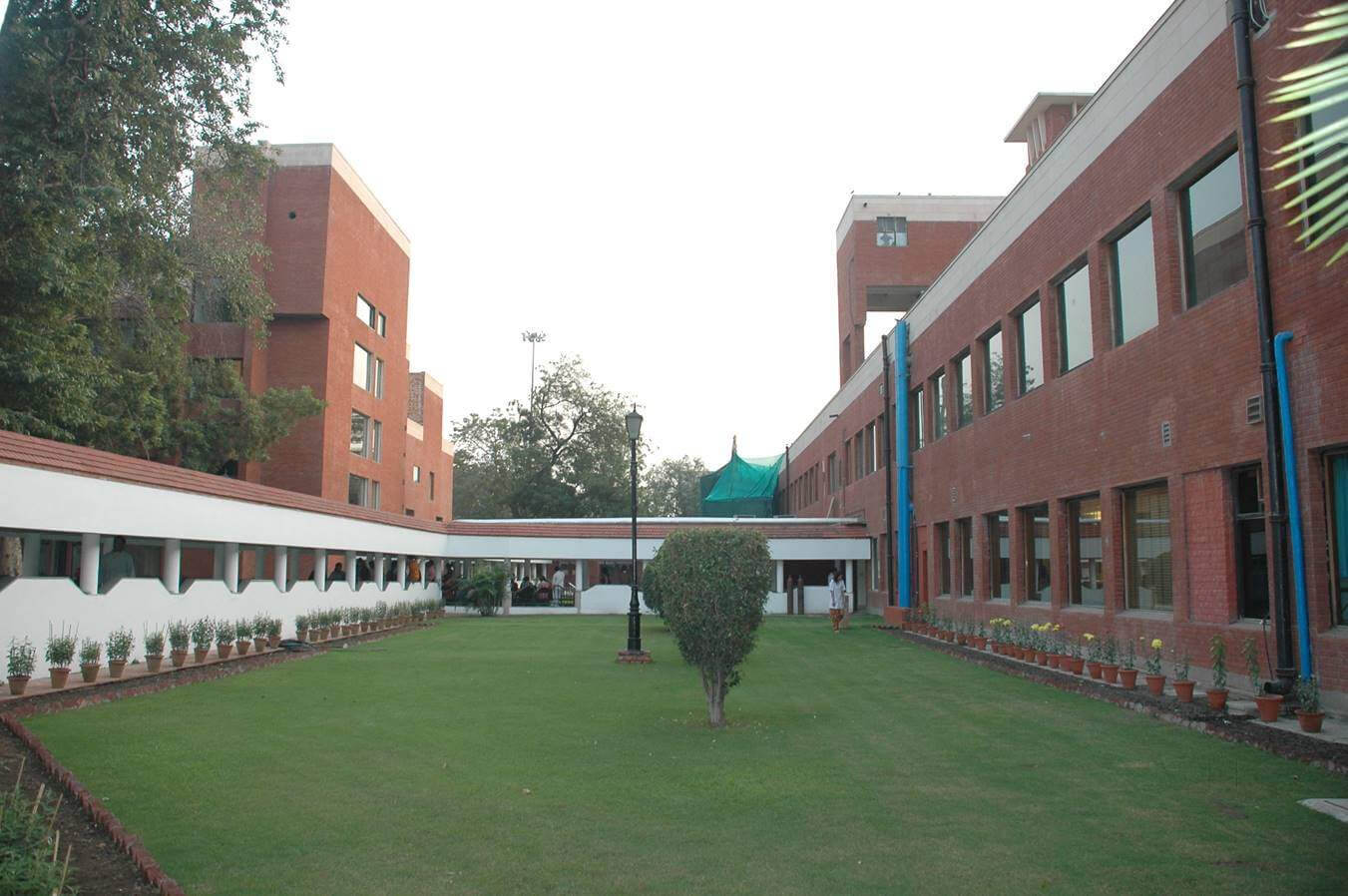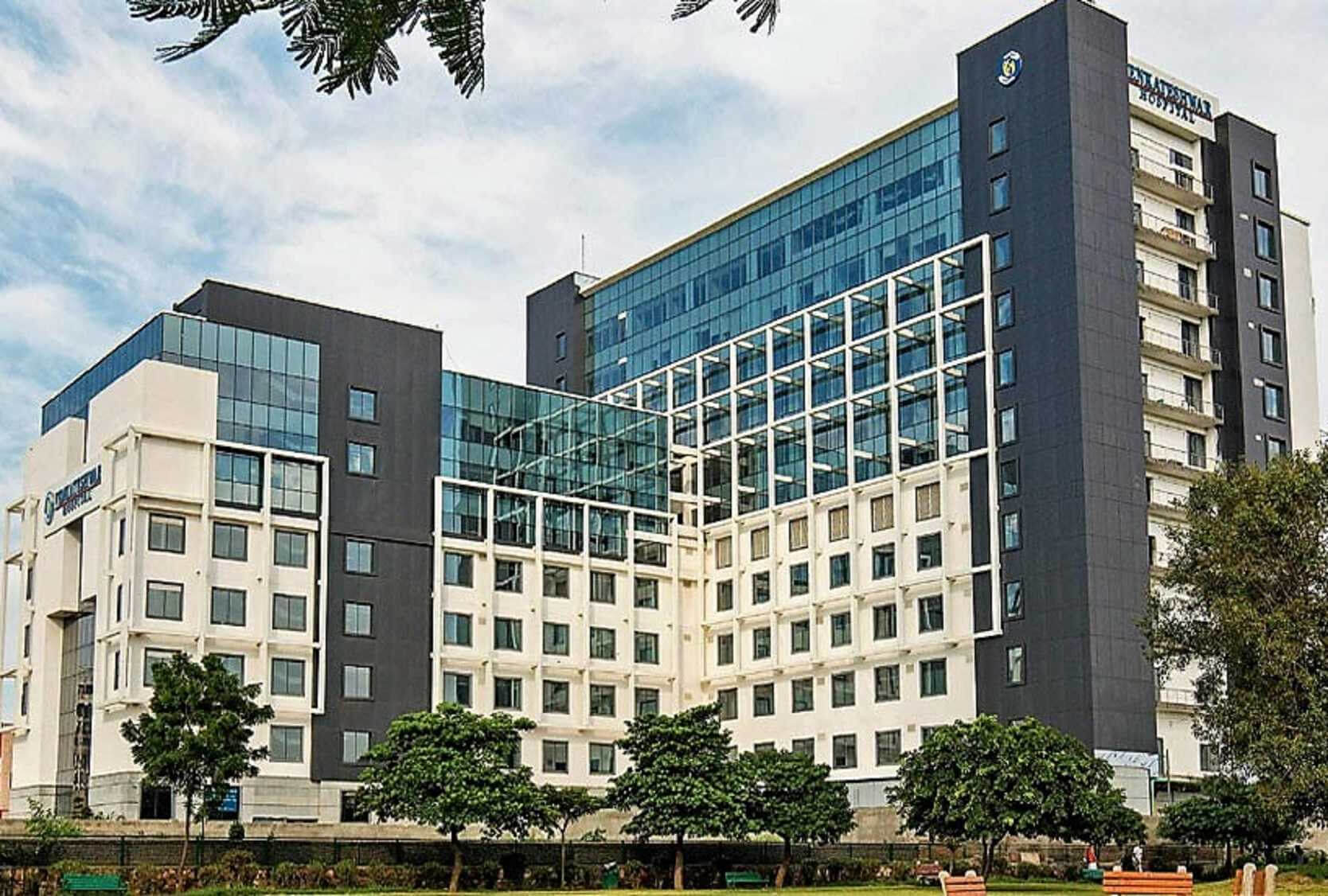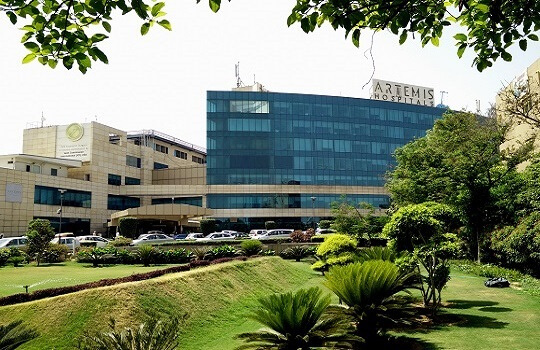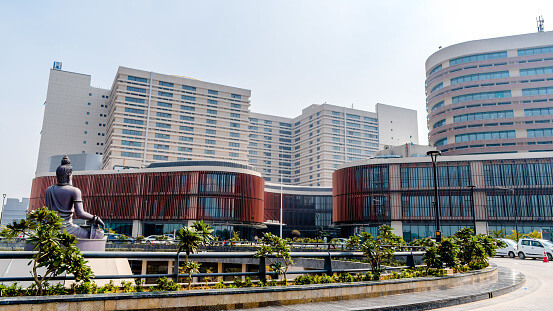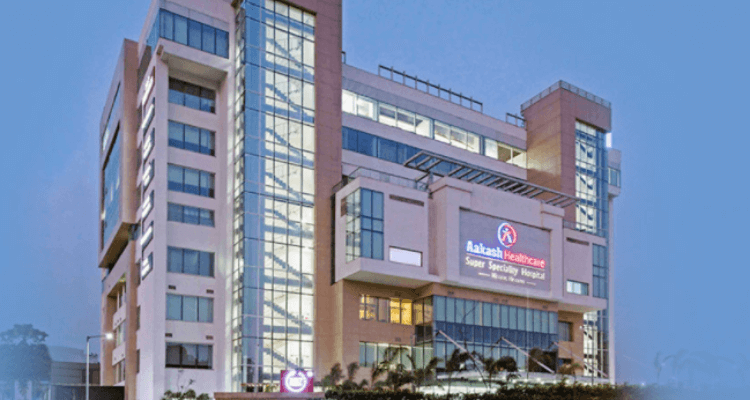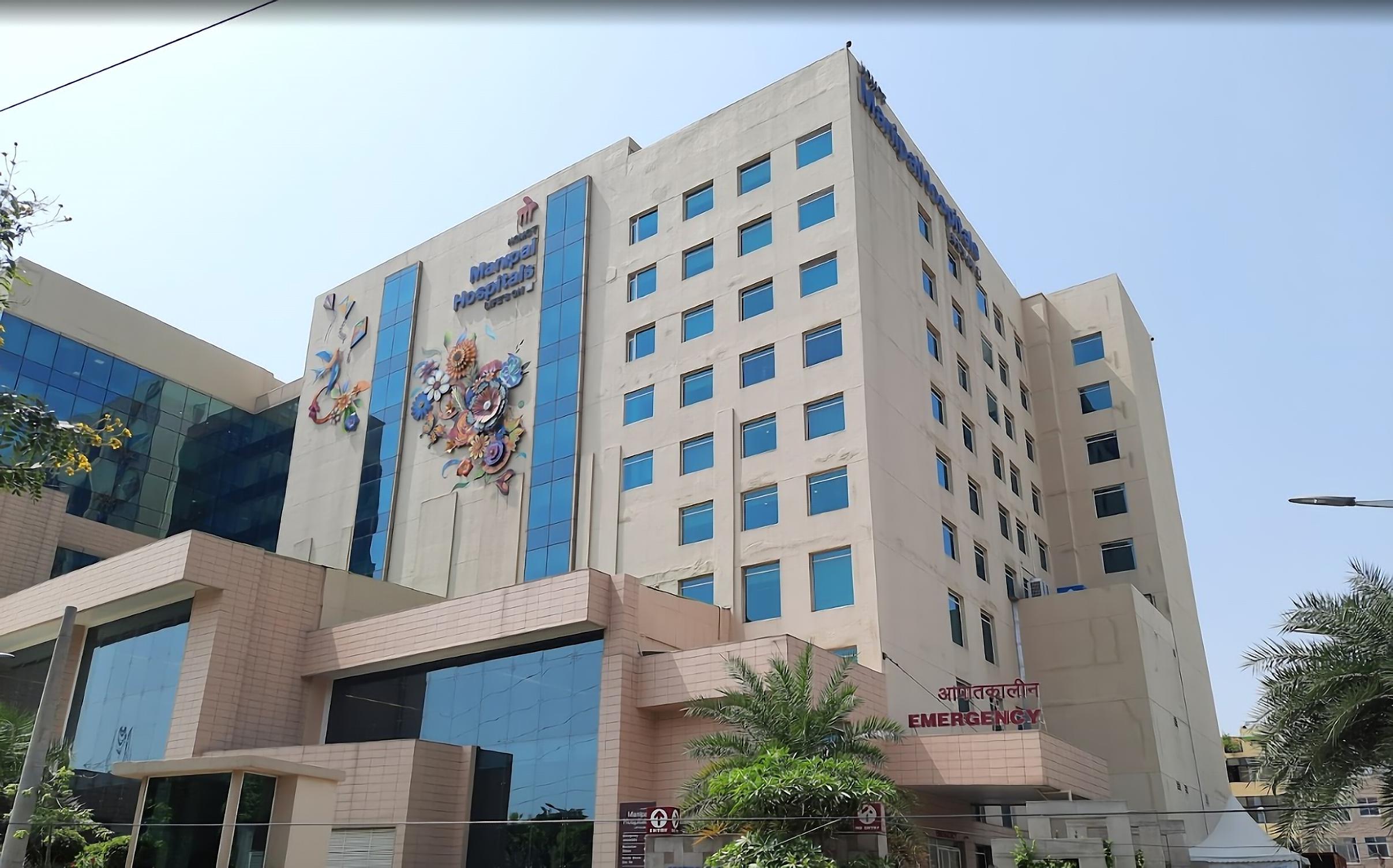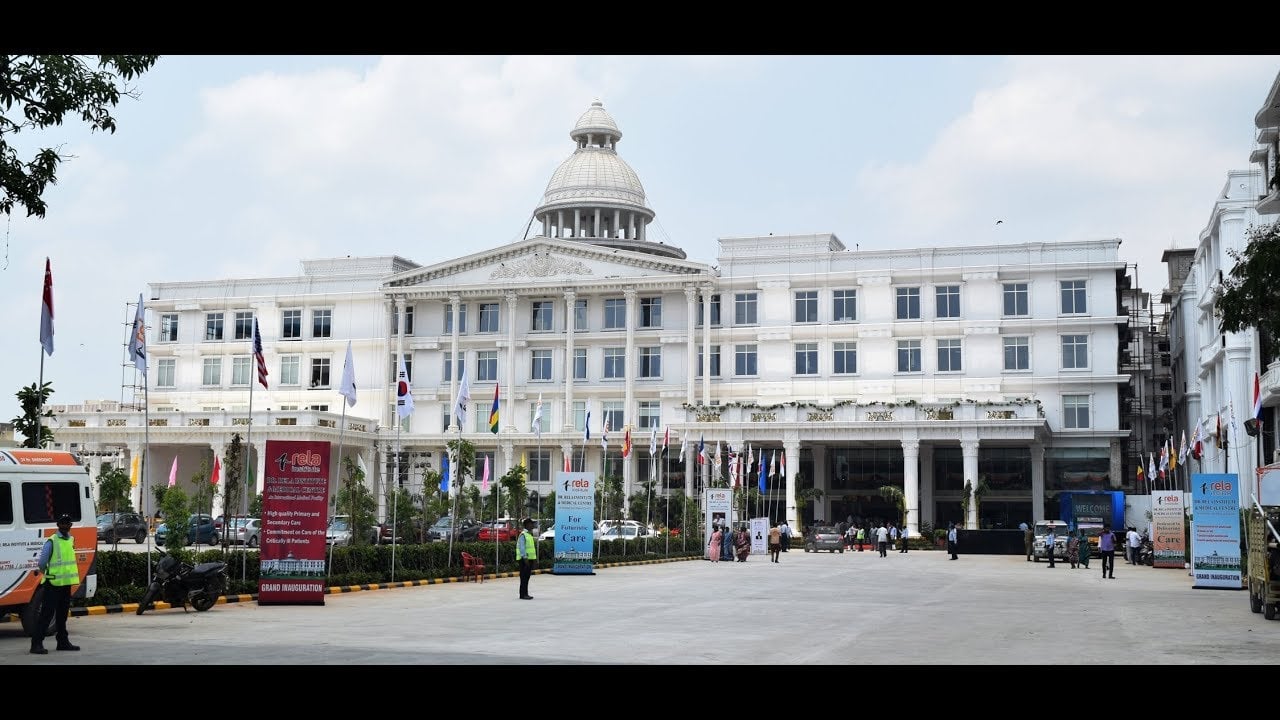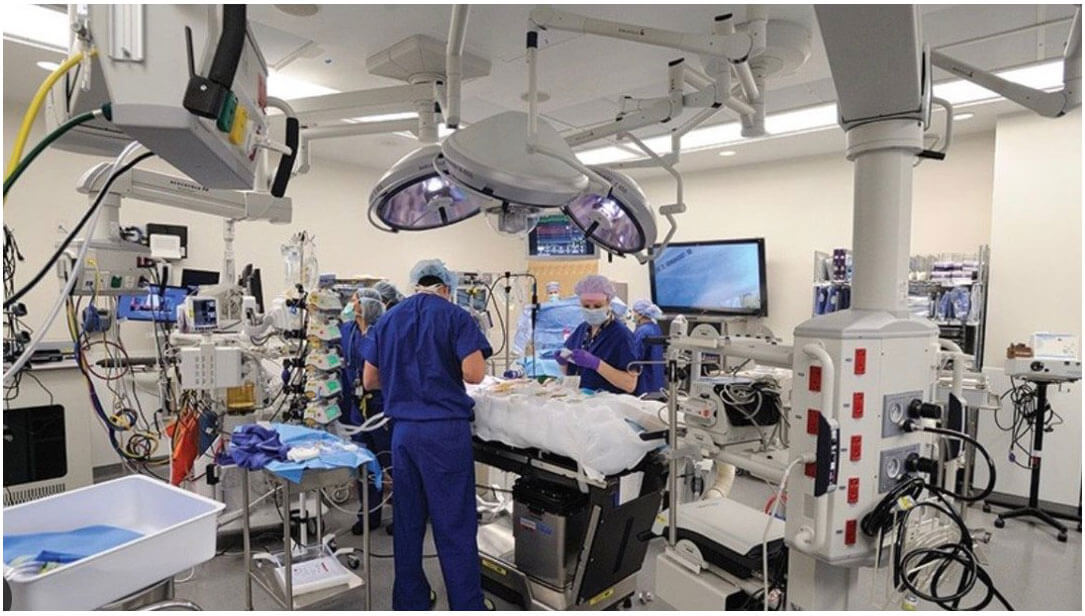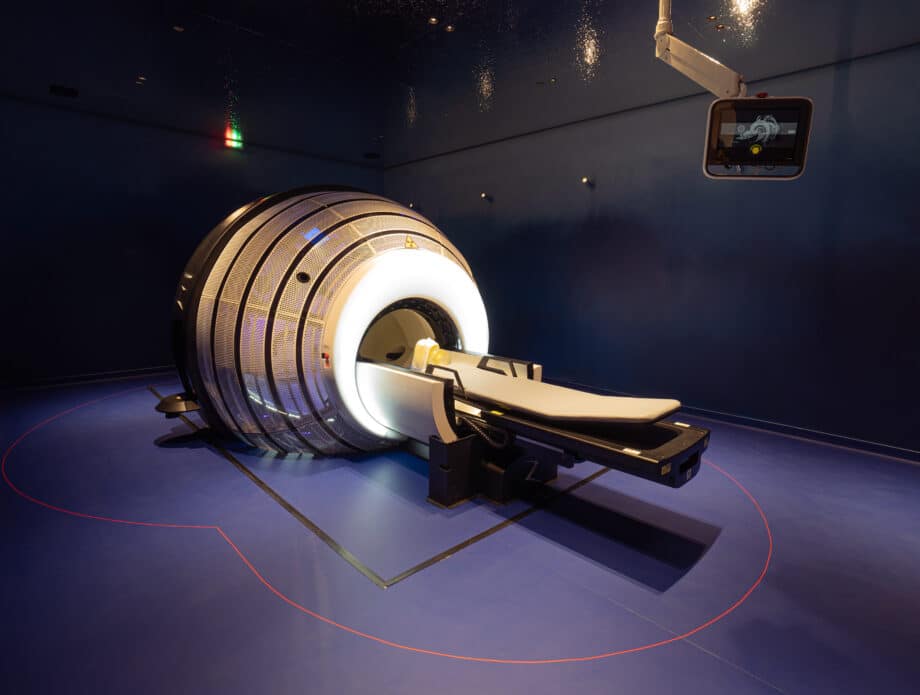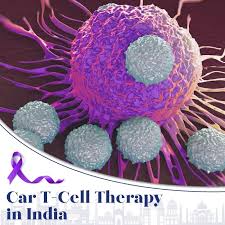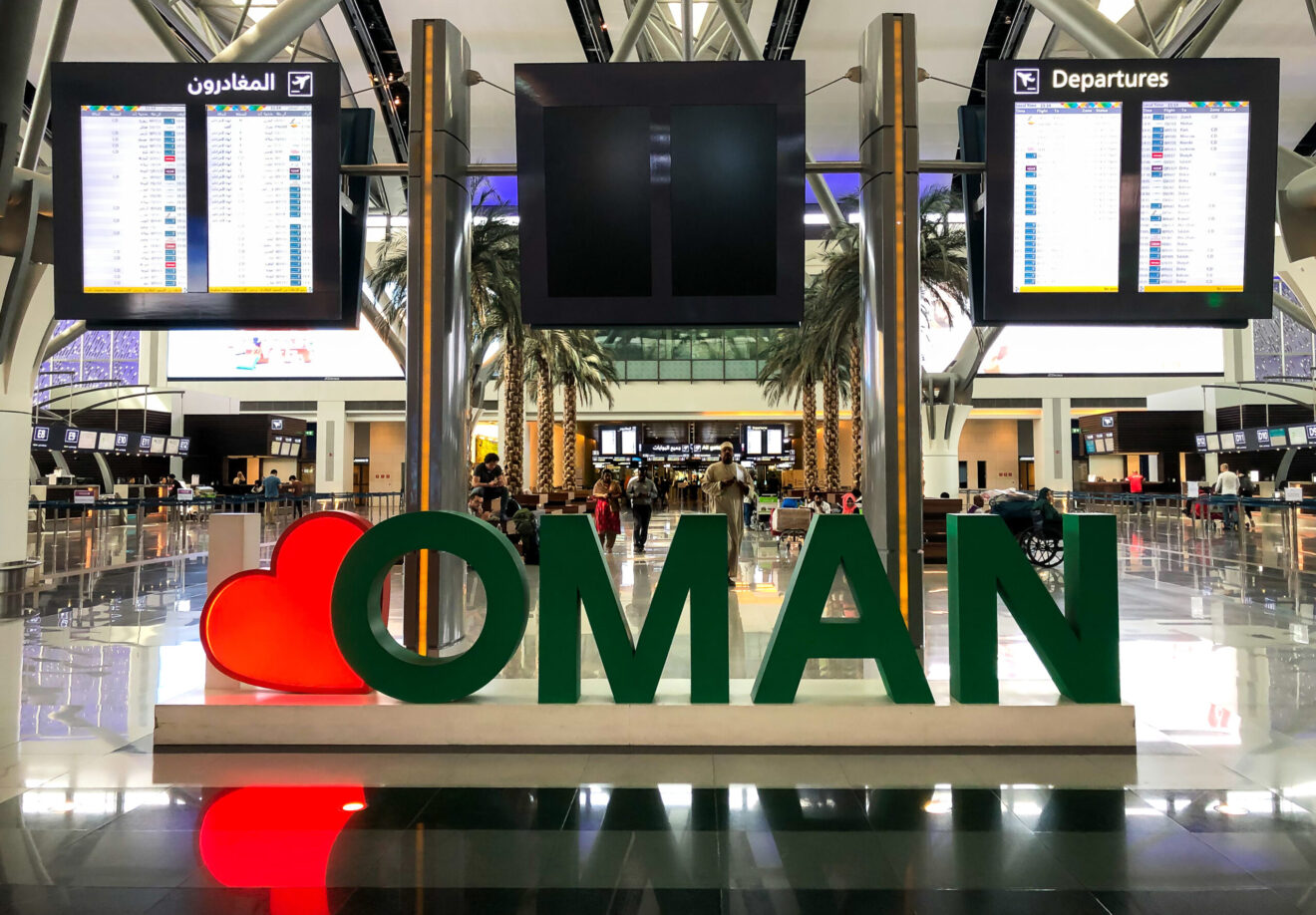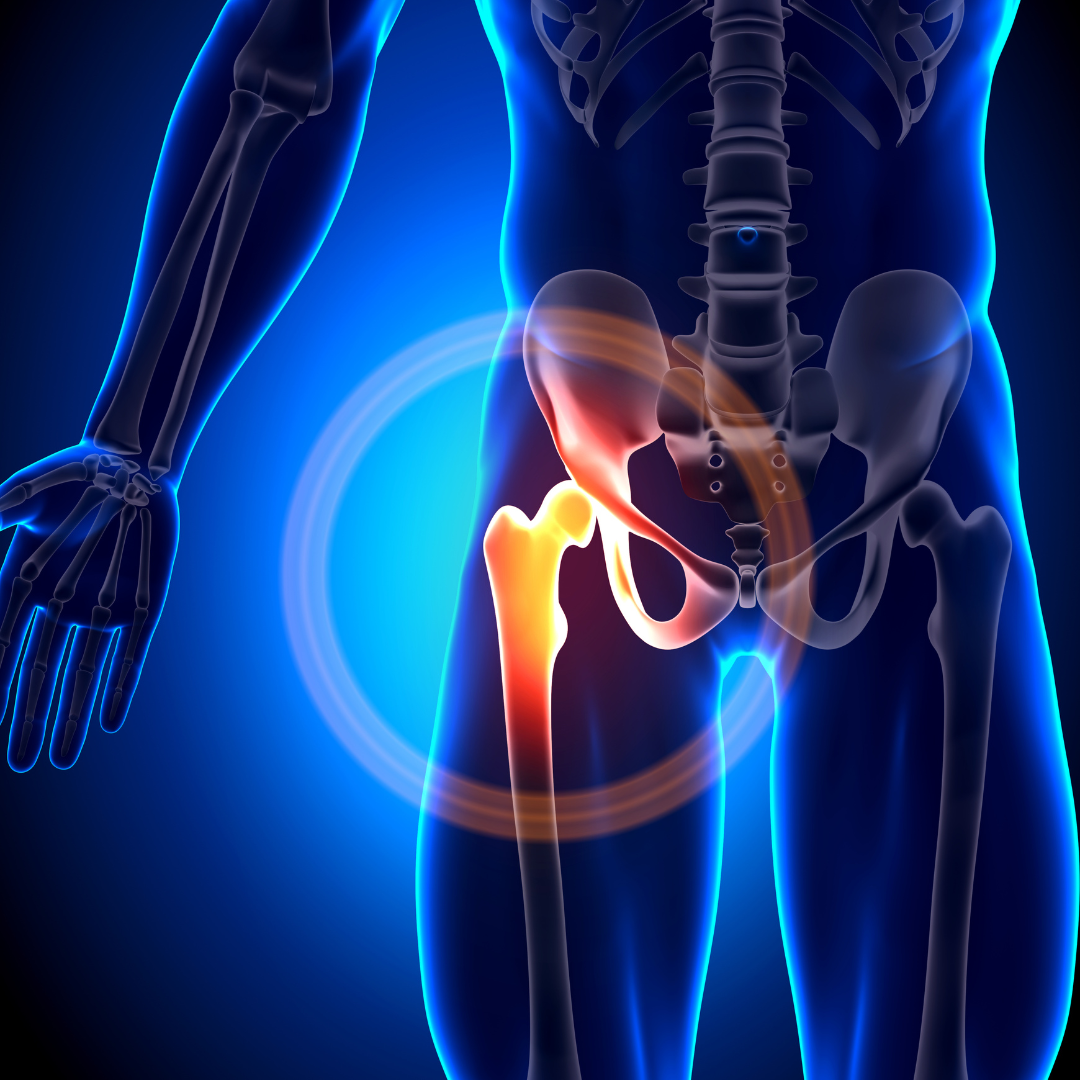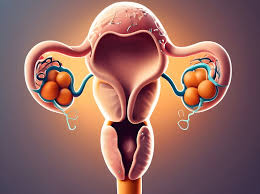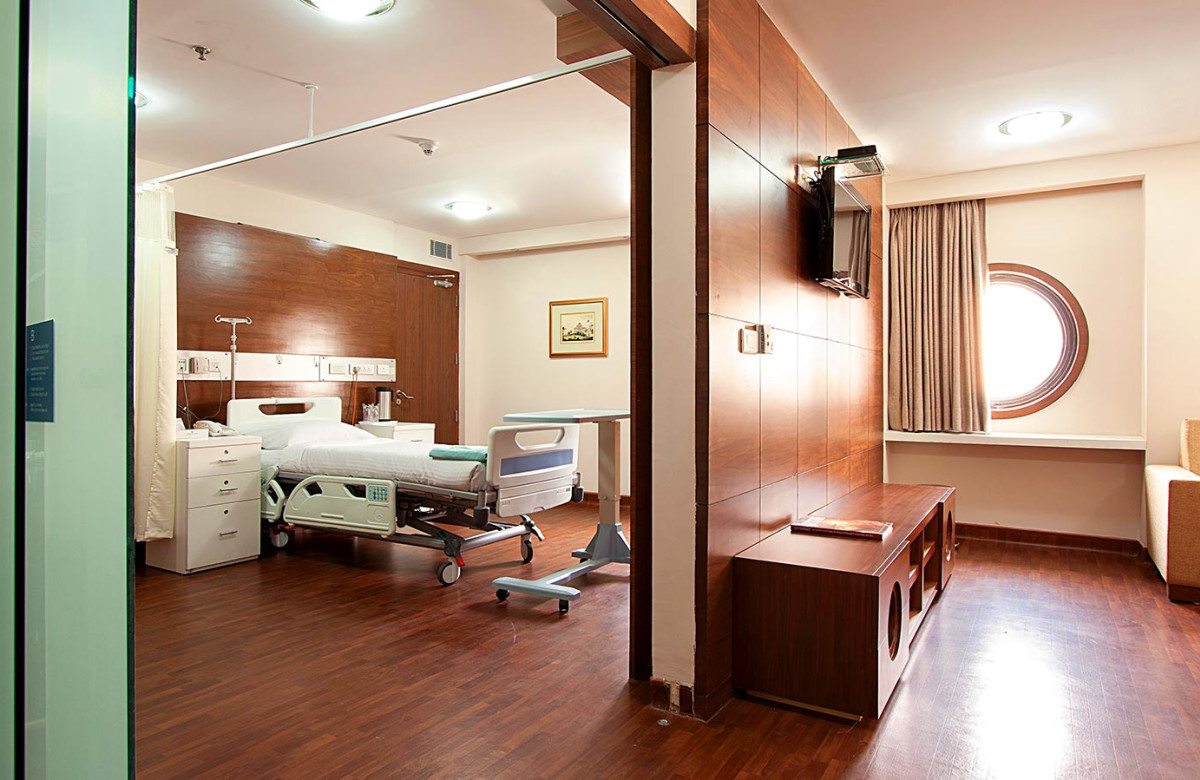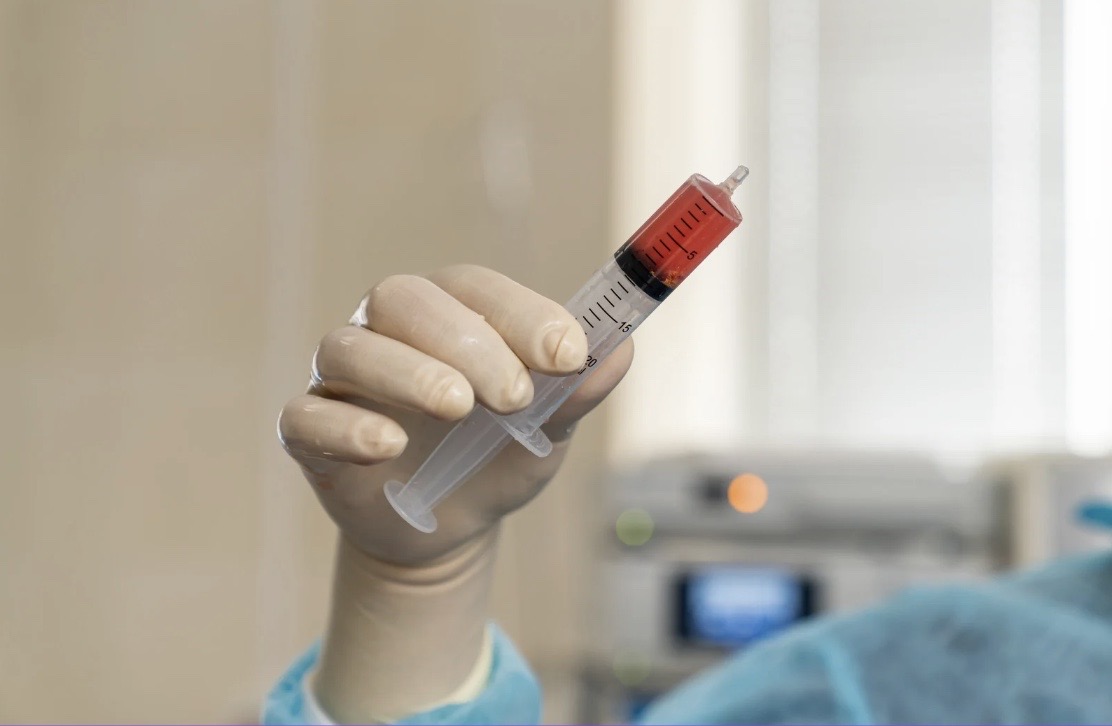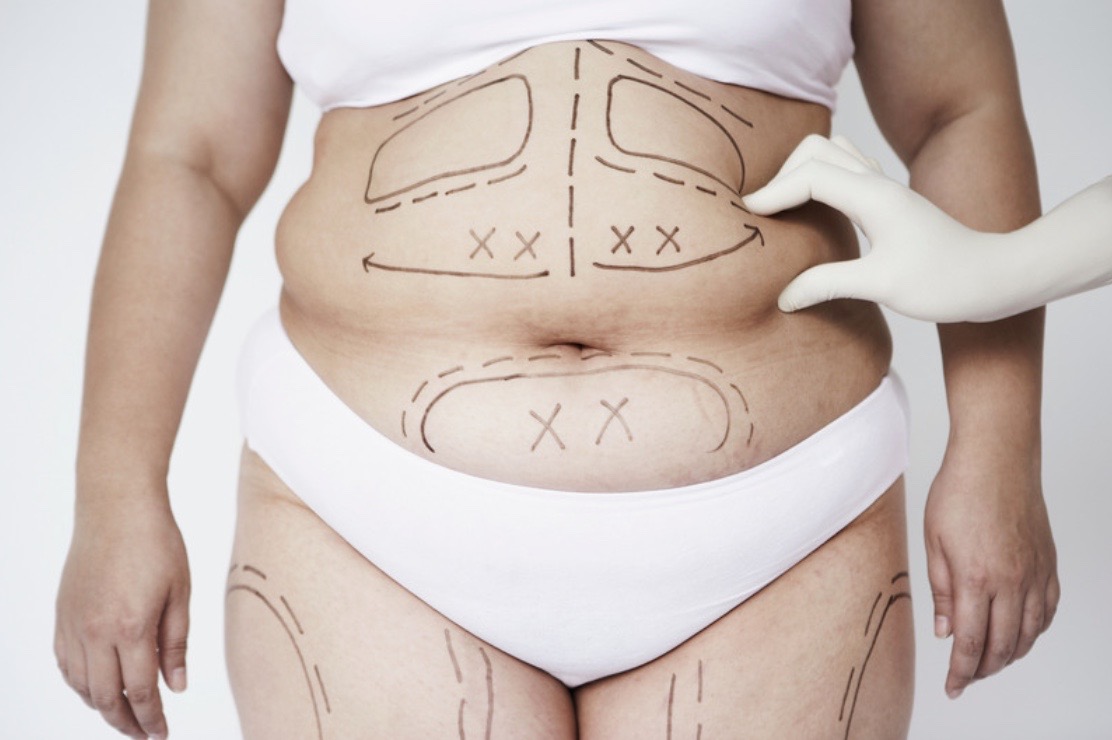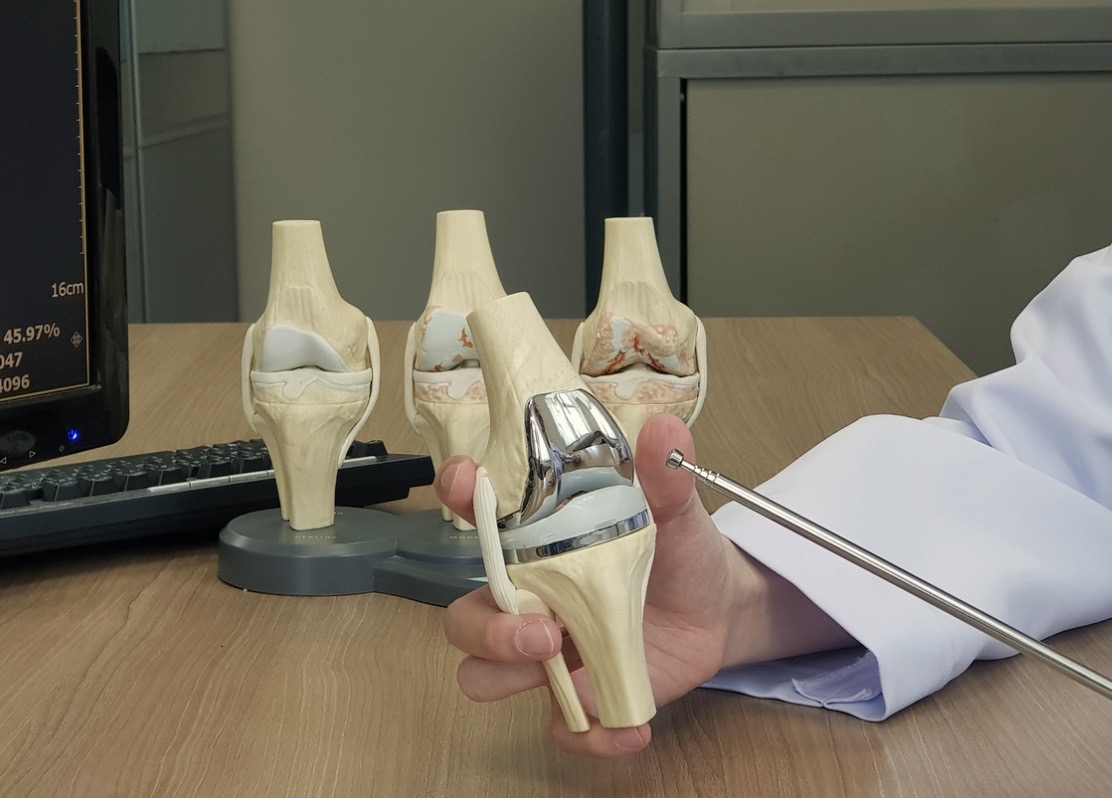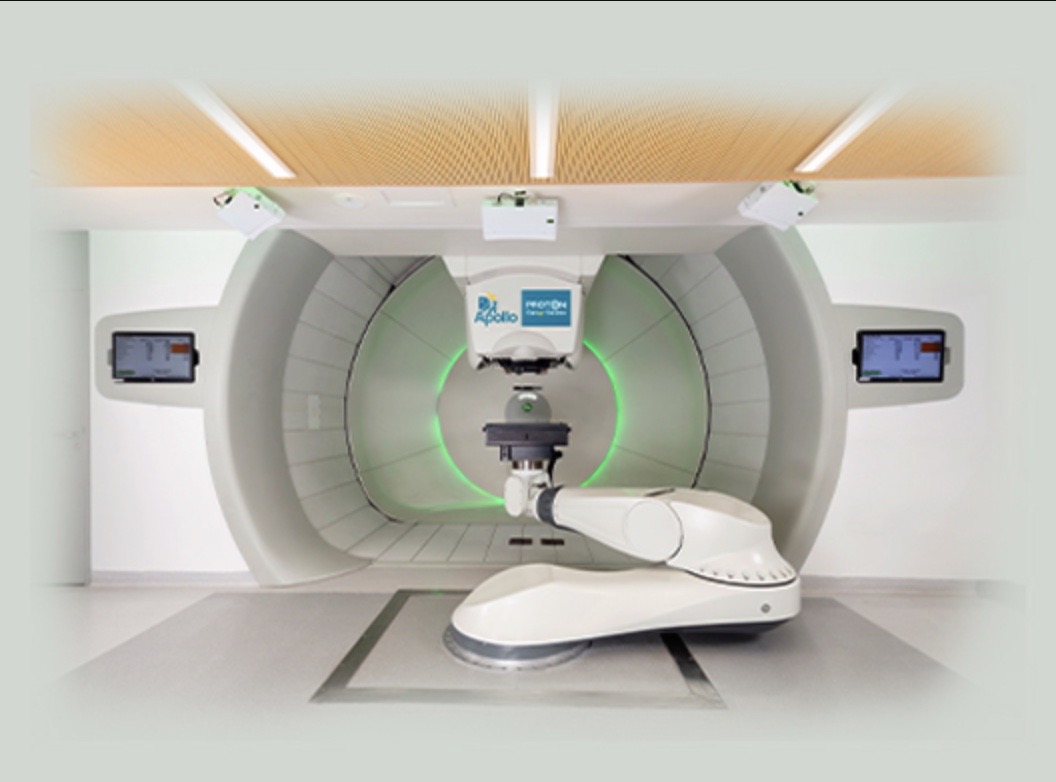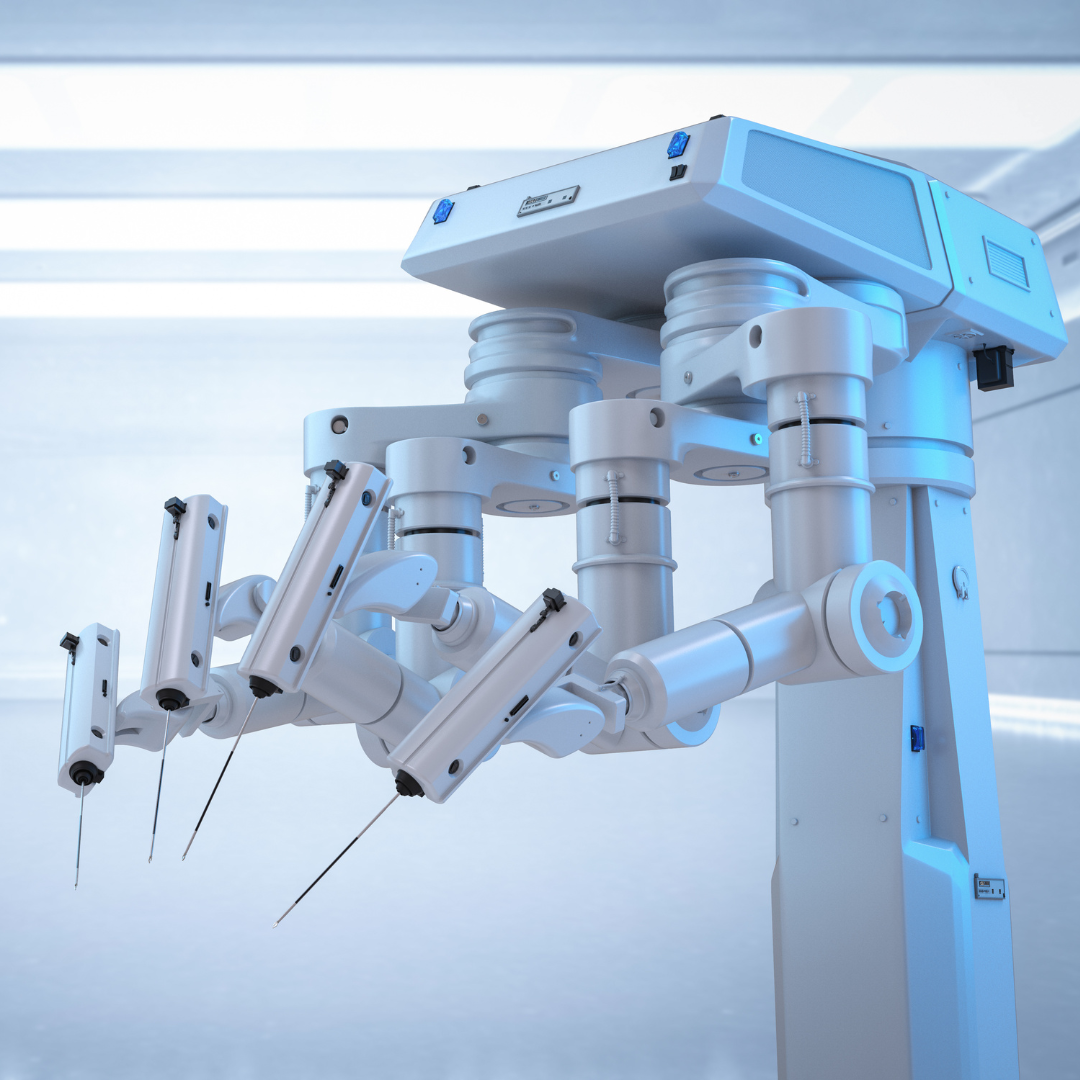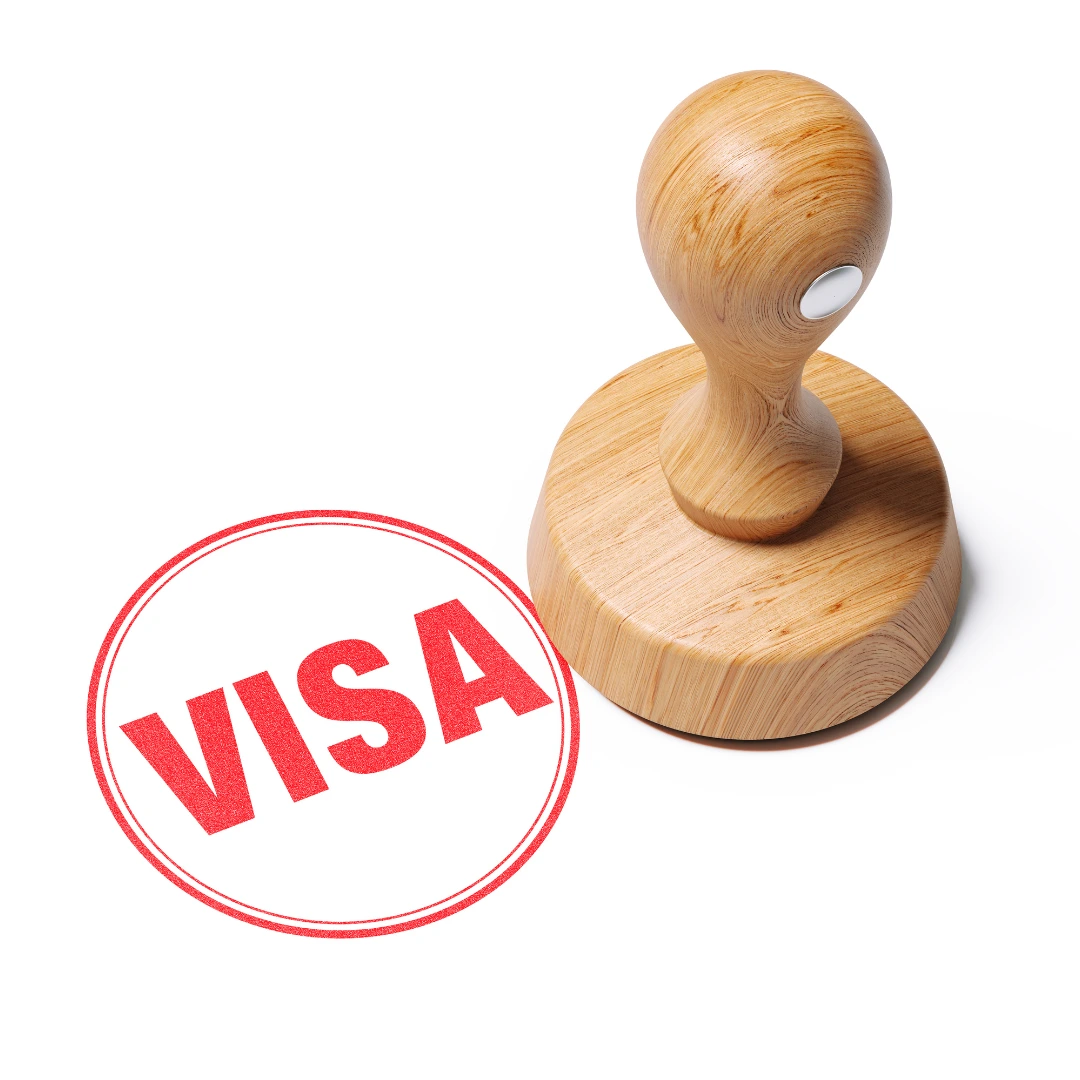Introduction
The ability of kidneys to remove waste products from blood diminishes thus causing serious kidney failure. The condition emerges immediately or through persistent development before causing major health complications. Early diagnosis of kidney disease becomes crucial because people should identify symptoms which include swelling combined with fatigue and decreased urine production. The diagnosis and management of kidney disorders falls under nephrologic expertise which leads to proper healthcare for patients. People with chronic kidney disease need to change their lifestyle and take medications as a treatment plan because some patients need dialysis or a transplant. The input from a nephrologist identifies which treatment solution is most appropriate. Knowledge about kidney disease symptoms helps protect kidney health so that treatment of chronic kidney disease results in improved life quality. A person needs to schedule regular appointments with their nephrologist to manage kidney disease symptoms effectively.
Cost Comparison
The cost of kidney failure treatment varies widely anywhere in the world, depending on the hospital, the stage of cancer, the type of treatment, the number of therapy sessions required, the patient’s overall health condition, post-operative complications and care, etc. The average cost of kidney failure in India is USD $6500.
But be assured as the cost of Kidney Failure in India is just a fraction of developed nations.
- Avg Cost of treatment - $6500
- Maximum cost of treatment - $10000
Factors affecting Cost Of Treatment
-
The treatment expenses are directly linked to how advanced the kidney failure condition is and which symptoms of kidney disease appear. Patients benefit financially when their kidney cancer is detected early since advanced-stage treatments are more expensive.
-
The prices of chronic kidney disease treatment differ according to whether patients receive dialysis require medications or undergo transplant surgery. The patient needs a nephrologist who will decide which treatment method is most suitable.
-
Chronic kidney disease medical expenses at premium hospital facilities exceed those of regional and government medical facilities.
-
Chronic kidney disease patients should seek nephrologist expertise despite additional consultation expenses since professional expertise produces better clinical results.
-
The treatment of kidney disease symptoms with continuous medications throughout life requires additional expenses in managing the disease.
-
The cost of dialysis treatment becomes higher when patients need more frequent dialysis sessions so they should meet with a nephrologist to establish affordable treatment plans.
-
People who choose kidney transplantation end up facing medical surgery expenses and after-care costs because of these procedures.
-
The expenses related to kidney disease symptoms treatment and specialist visits to nephrologists can receive partial reimbursement from insurance plans.
Treatment Options
-
Symptoms of the early stage of kidney disease can often be managed with medications, nutritional changes, and frequent visits to health care professionals. The medications to control high blood pressure and high diabetes (and others) are recommended by a nephrologist.
-
Dialysis: Common treatment for all kinds of chronic kidney disease (CKD), including failure of the kidneys; dialysis helps (by machines) the kidneys to remove the wastes and excess fluids. There are two types:
-
Hemodialysis is done in a hospital or dialysis center; a machine filters the blood.
-
Peritoneal Dialysis: dialysis is performed in the home using the peritoneum (tissue in the abdomen) as a natural filter.
-
A kidney transplant is the best chronic kidney disease treatment; the failed kidney is replaced by a healthy donor kidney. The donor compatibility is evaluated by a nephrologist and their recovery post-surgery is also monitored.
-
Nutritional Therapy – A proper diet helps control the symptoms of kidney disease such as controlling fluid retention, blood sugar, and electrolyte level. A low sodium, low protein diet may be suggested by a nephrologist.
-
Palliative care: For patients who cannot receive dialysis or transplantation, palliative care aims to control kidney disease symptoms for a good quality of life.
-
Frequent check-ups with a nephrologist are important to monitor kidney function to make some changes to treatment of the chronic kidney disease and help prevent complications.
-
The treatment that is right for the patient depends on his or her condition, personal preference, and the advice of an appropriately qualified nephrologist.
How Medotil Global Assists International Patients
Medical Visa Assistance
- Guides patients through the process of obtaining a medical visa for India.
- Provides necessary documentation support, such as invitation letters from hospitals.
Accommodation Arrangements
- Helps secure comfortable and affordable lodging near treatment centers.
- Offers a range of options, including guest houses, hotels, or serviced apartments.
Food Services
- Assists in arranging dietary preferences, including international cuisines and special diets for medical needs.
Transportation Support
- Provides airport pickup and drop-off services.
- Offers reliable transportation for hospital visits and local travel.
Hospital and Doctor Selection
- Recommends top hospitals and connects patients with experienced specialists in their specific condition.
- Ensures access to advanced medical treatments and technology.
Tourism Services
- Organizes visits to famous tourist attractions like the Taj Mahal, Jaipur, Kerala, and other cultural landmarks.
- Tailors travel plans based on patient preferences and recovery needs.
24/7 Support
- Provides round-the-clock assistance for any queries or emergencies during the stay in India.



